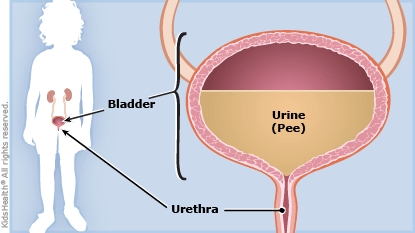- Home
- Humana Medicaid
- Kentucky Medicaid
- Medicaid extras
- Health and wellness
- Parents Home
- Para Padres
- A to Z Dictionary
- Allergy Center
- Asthma
- Cancer
- Diabetes
- Diseases & Conditions
- Doctors & Hospitals
- Emotions & Behavior
- First Aid & Safety
- Flu (Influenza)
- Food Allergies
- General Health
- Growth & Development
- Heart Health & Conditions
- Homework Help Center
- Infections
- Newborn Care
- Nutrition & Fitness
- Play & Learn
- Pregnancy Center
- Preventing Premature Birth
- Q&A
- School & Family Life
- Sports Medicine
- Teens Home
- Para Adolescentes
- Asthma
- Be Your Best Self
- Body & Skin Care
- Cancer
- Diabetes
- Diseases & Conditions
- Drugs & Alcohol
- Flu (Influenza)
- Homework Help
- Infections
- Managing Your Weight
- Medical Care 101
- Mental Health
- Nutrition & Fitness
- Q&A
- Safety & First Aid
- School, Jobs, & Friends
- Sexual Health
- Sports Medicine
- Stress & Coping
A to Z: Dysuria
May also be called: Painful Urination
Dysuria (dis-YOOR-ee-ah) is painful or difficult urination.
More to Know
Urine (pee) is stored in the bladder. When we urinate (pee), urine exits the body through a tube called the urethra. If there's an infection or inflammation somewhere in the urinary tract, a person might feel a burning, painful sensation.

Some causes of dysuria include kidney stones; sexually transmitted infections (STIs, also called sexually transmitted diseases, or STDs) like genital herpes; vaginal infections; certain medications; irritants like certain soaps or bubble baths; and prostate inflammation.
A urinary tract infection (UTI) should be treated with medication.
Keep in Mind
Dysuria is a fairly common condition and an isolated episode of painful urination usually is not a cause for alarm. If it persists, is severe, or is associated with other symptoms like fever, blood in the urine, or vomiting, contact your doctor.
All A to Z dictionary entries are regularly reviewed by KidsHealth medical experts.

© 1995- The Nemours Foundation. KidsHealth® is a registered trademark of The Nemours Foundation. All rights reserved.
Images sourced by The Nemours Foundation and Getty Images.